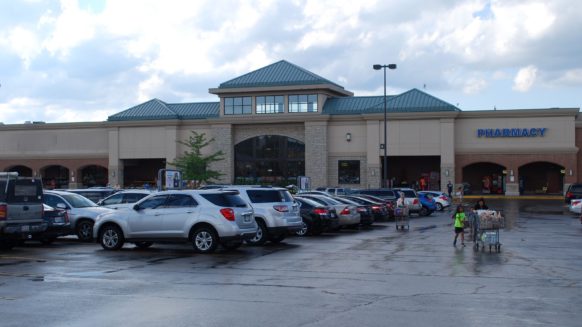Robinson v. Kroger: Surviving Summary Judgment
Following up on our previous blog, the Georgia Supreme Court in 1997 changed the slip and fall landscape. The Court ruled that “an [injured party’s] failure to exercise ordinary care for personal safety is not established as a matter of law by the [injured party’s] admission that she did not look at the site on which she subsequently placed her foot”).
After Robinson, an injured party need only prove (1) that the landowner had actual or constructive knowledge of the hazard, and (2) that the injured party lacked knowledge of the hazard despite the exercise of ordinary care due to actions or conditions within the control of the owner.
Robinson is important because it shifts the focus from the injured party’s conduct to the landowner’s conduct. After Robinson, if the injured party shows the landowner knew about the hazard, then the burden shifts to the landowner to show the injury was caused by the injured party’s negligence (intentional disregard of a known risk or failure to exercise ordinary care for one’s personal safety). This makes it much easier for injured parties to survive summary judgment and get their cases in front of a jury.
Robinson remains good law today.

